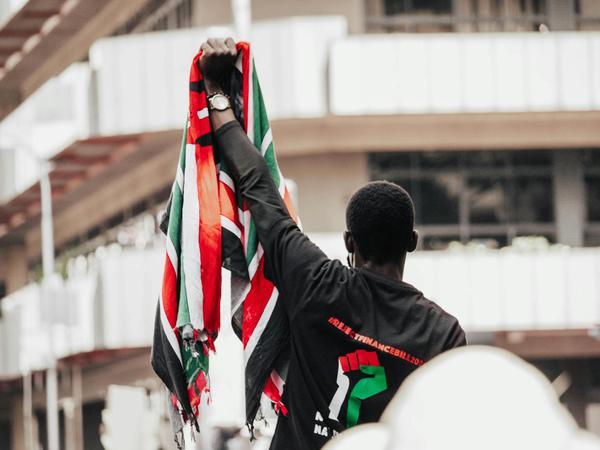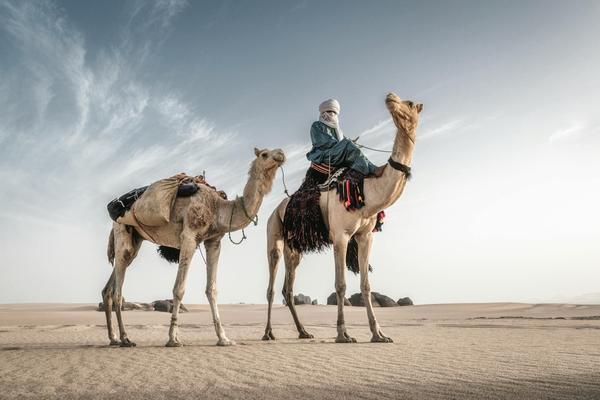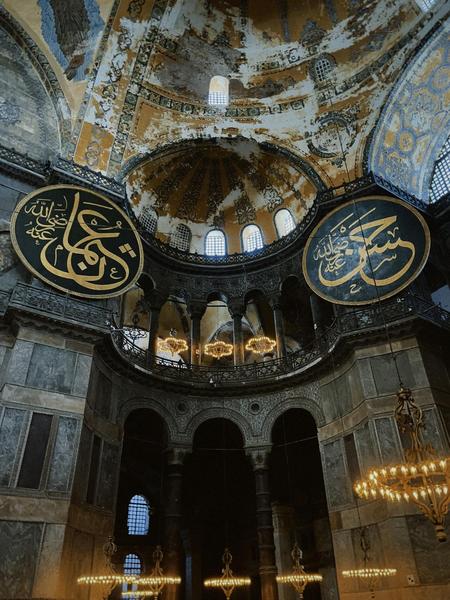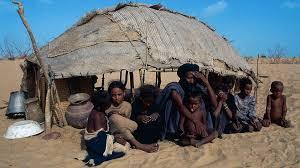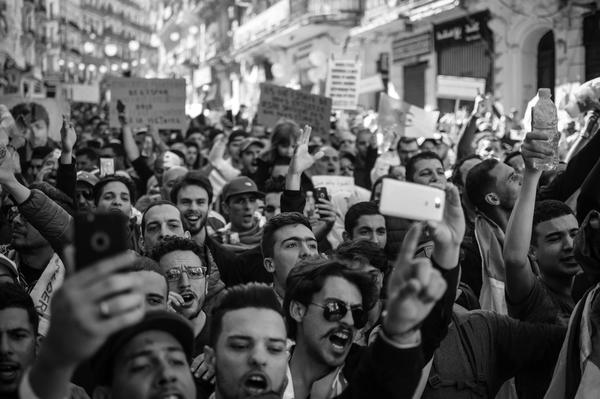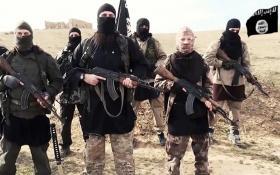Photo by Lara Jameson on Pexels
![]()
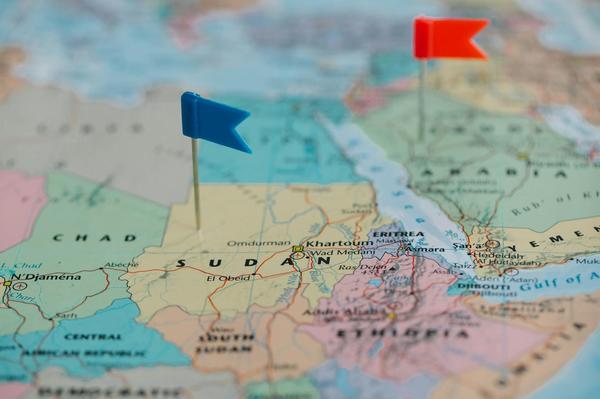
US Relations with Africa and the New Cold War
Hamid Lellou
©2024 Hamid Lellou
ABSTRACT: As a key battleground in the global struggle between democracy and authoritarianism, Africa offers US policymakers insights to navigate competing interests and power dynamics. For a comprehensive view of this competition, this article analyzes American, Chinese, French, and Russian geopolitical strategies; employs a geopolitical analysis of current events, diplomatic maneuvers, and historical lessons; and uses policy documents, expert opinions, and c...
©2024 Hamid Lellou
ABSTRACT: As a key battleground in the global struggle between democracy and authoritarianism, Africa offers US policymakers insights to navigate competing interests and power dynamics. For a comprehensive view of this competition, this article analyzes American, Chinese, French, and Russian geopolitical strategies; employs a geopolitical analysis of current events, diplomatic maneuvers, and historical lessons; and uses policy documents, expert opinions, and c...
